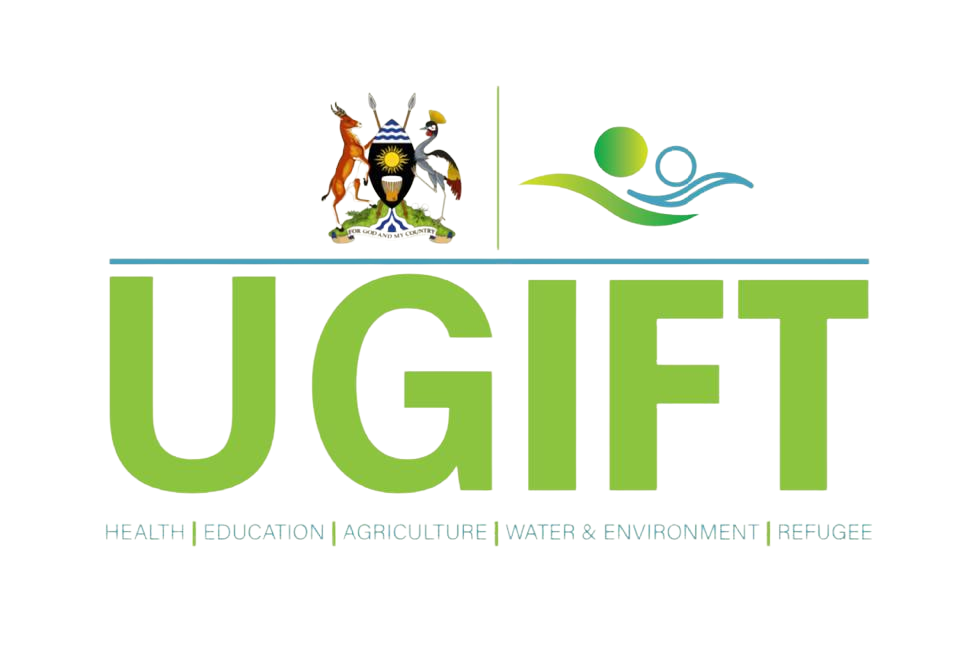Guidelines & Policies
Governing UgIFT’s Integrity & Impact
UgIFT operates within a robust framework of nationally drafted policies, procedures, and technical guidelines ensuring fiscal equity, transparent implementation, and adherence to national standards in health, education, water, environment, agriculture, and refugee integration

- Equitable Fiscal Transfers & Grant Architecture Consolidation from 58 sector grants to streamlined frameworks like the Discretionary Development Equalisation Grant (DDEG) promotes fairness in allocations reap.finance.go.ug .
Allocations across wage, non-wage, and development tranches adhere to medium-term expenditure frameworks, boosting adequacy and predictability
- Embedded Institutional Structures Governance is anchored in existing government bodies—MoFPED/BPED, PFM Reforms Coordination Unit, LGFC, and line ministries—with no parallel systems
Multi-tiered oversight includes the Oversight Committee (Minister-led), Steering Committee, and Technical Committee—guiding policy, strategy, resource formulas, and grievances .
- Sector-Specific Guidelines Health & Education: Manuals set funding criteria for HCIII upgrades, teacher placements, school labs, performance-linked incentives, and procurement processes
Water & Environment: Grants support boreholes, protected springs, rainwater systems, and watershed management, aligned to national MIS and environmental standards
Micro–Scale Irrigation: Cost-sharing capped at UGX 7.2 million per acre (25–75% subsidy); includes farm visits, demonstration sites, procurement rules, and extension support guidelines
- Transparency & Accountability Budget releases follow budget circulars including VAT instructions for projects under UgIFT, to safeguard fiscal discipline
Quarterly and annual joint monitoring visits, technical infrastructure audits, and VFM reviews reinforce real-time insight into program execution
- Performance-Based Incentives & Grievance Resolution Local governments are periodically assessed using national performance manuals; results influence funding and technical assistance eligibility
Grievance mechanisms operate through Technical Committees to address allocation or disbursement concerns transparently and systematically .

Project Guidelines for Construction & Procurement – including VAT circulars for project compliance
Technical Manuals: Water & Environment, Health, Education, and Micro‑Irrigation
Budget Circulars detailing fiscal discipline, grant formulas, and release protocols
Performance Assessment & Grant Allocation Manuals used by the Oversight and Technical Committees

Reinforces government systems, not external parallel ones—strengthening capacity
Ties funding to performance, increasing efficiency and public accountability
Promotes cross-sector integration, delivering holistic services in communities
